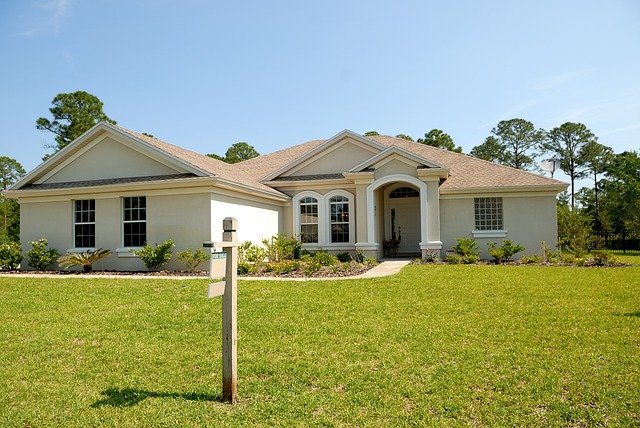What are Distressed Properties?
Distressed properties are real estate properties that are in a state of financial or physical distress. These properties may be facing foreclosure, bankruptcy, or other financial difficulties, or they may be in poor physical condition due to neglect of maintenance or damage.
As a result, they are often sold at a lower price than comparable properties on the market, making them attractive to real estate investors who are willing to take on the associated risks and challenges. Distressed properties can include foreclosed homes, properties in disrepair, or those involved in legal disputes.
Would You Buy Such Distressed Properties?
In more than one way, 2020 has been the hardest year for most of us, especially economically. Over 20.6 million people have lost their jobs since March last year. Along with our emotions, the bank balance is also draining quickly.
Over that, interests on pending loans mount up along with medical bills, so selling a distressed property this time around would be a good idea, ensuring some funds to float through this pandemic. But before that, here is a guide to all you need to know about distressed properties:
A property is considered distressed property when the owner has lost the ability to meet the owner’s financial responsibilities. For example, if you fail on your payments or can no longer manage the property, it is declared to be distressed. Such issues include foreclosure, tax liabilities, bankruptcy, etc.
-
- Know the value of your property: Getting an appraiser to check your home and suggest a selling price would be a good start; if not that, you must know the current market price for properties in your area and adjust accordingly.
- Sell it at a lower price instead of going for repairs: Usually, many homes do not meet the requirements of appraisals. Due to the damaged condition, repairing it would be an additional cost that you might not end up recovering; instead, selling it at a lower price would be a good idea.
- Your selling options: Distressed homes are not eligible for mortgaging, so selling them is your only option.
- Listing it might be counterproductive: If you are thinking of listing it, you will need to pay a commission to an agent and wait till a buyer is interested enough to buy; so, keeping it listed would be counterproductive.
- Cash Buyers: Cash home buyers buy all kinds of houses and are quick to close deals if all their buying criteria are met.
You just need to find your local Cash Home Buyer and list provide all the details about your house; they will do verification and close the deal.
The best thing about this is that they do not list your house, so you do not pay any commission or wait for someone to take an interest in the property. Many of them close the deal in as little as a week’s time.

They take care of all the paperwork for you at no additional cost, and you do not need to repair or clean your house like you usually would have to do for a buyer.
If you are in Florida, investors like Tampa Buyers know which options are available for you based on your situation. Once you send them information about your house, they usually make a fair all-cash offer to you within 24 hours. They close as quickly as seven days or on as per your schedule and sometimes you can have a check in your hand the very same day!
Regardless of which method you chose to use while selling, you must be upfront with the conditions of your house; otherwise, it might land you in legal trouble.
Also read:

